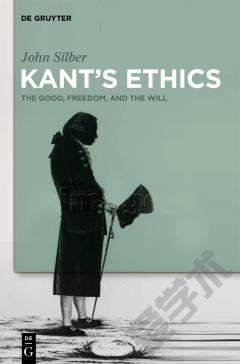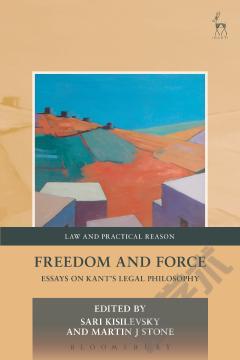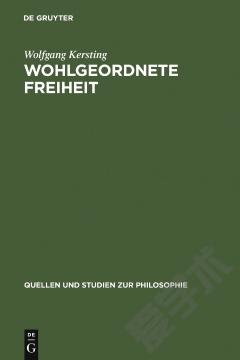Kant on Freedom, Law, and Happiness
Kant is often portrayed as the author of a rigid system of ethics in which adherence to a formal and universal principle of morality - the famous categorical imperative - is an end itself, and any concern for human goals and happiness a strictly secondary and subordinate matter. Such a theory seems to suit perfectly rational beings but not human beings. The twelve essays in this collection by one of the world's preeminent Kant scholars argue for a radically different account of Kant's ethics. They explore an interpretation of the moral philosophy according to which freedom is the fundamental end of human action, but an end that can only be preserved and promoted by adherence to moral law. By radically revising the traditional interpretation of Kant's moral and political philosophy and by showing how Kant's coherent liberalism can guide us in current debates, Paul Guyer will find an audience across moral and political philosophy, intellectual history, and political science.
{{comment.content}}








 京公网安备 11010802027623号
京公网安备 11010802027623号